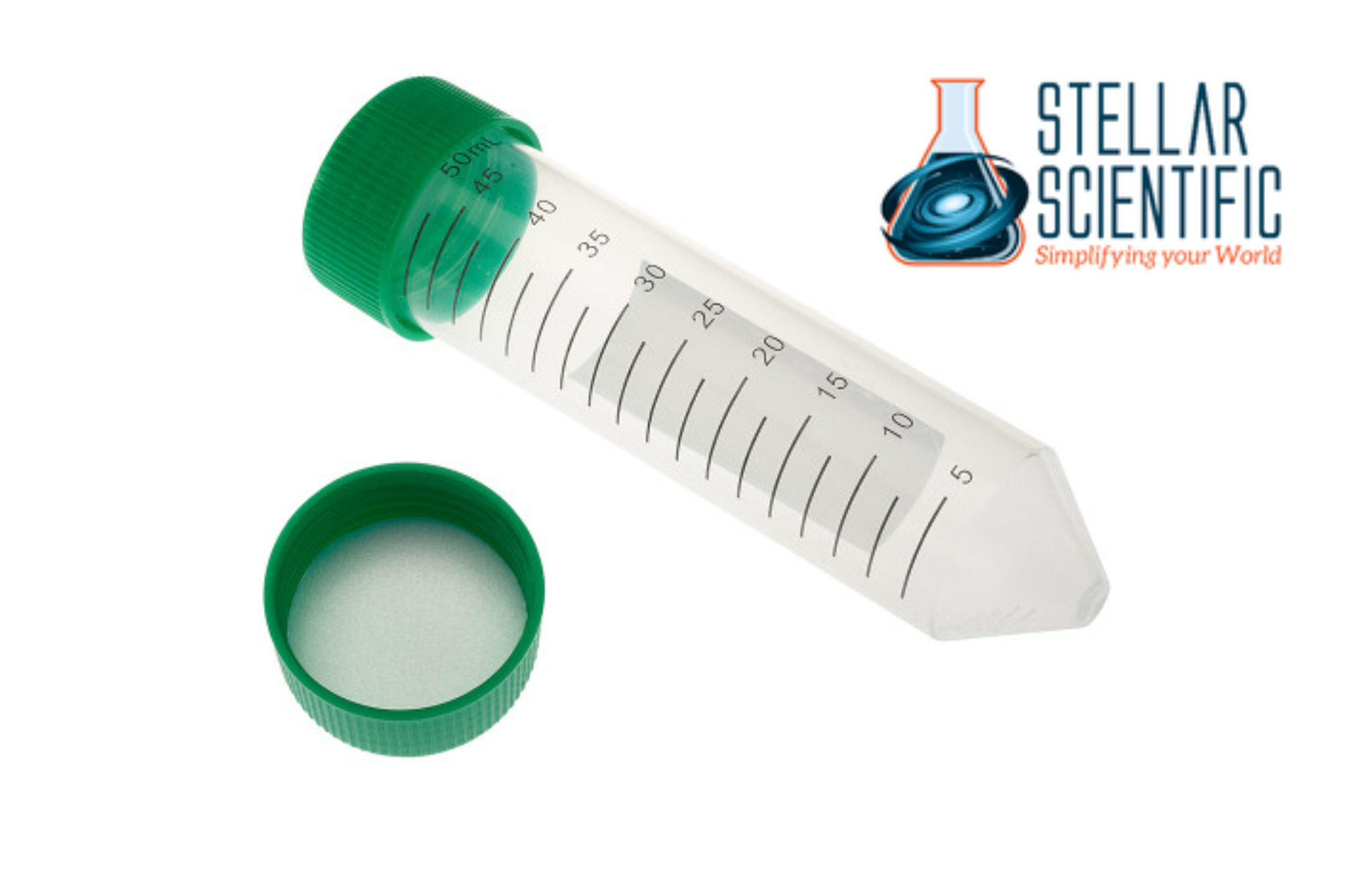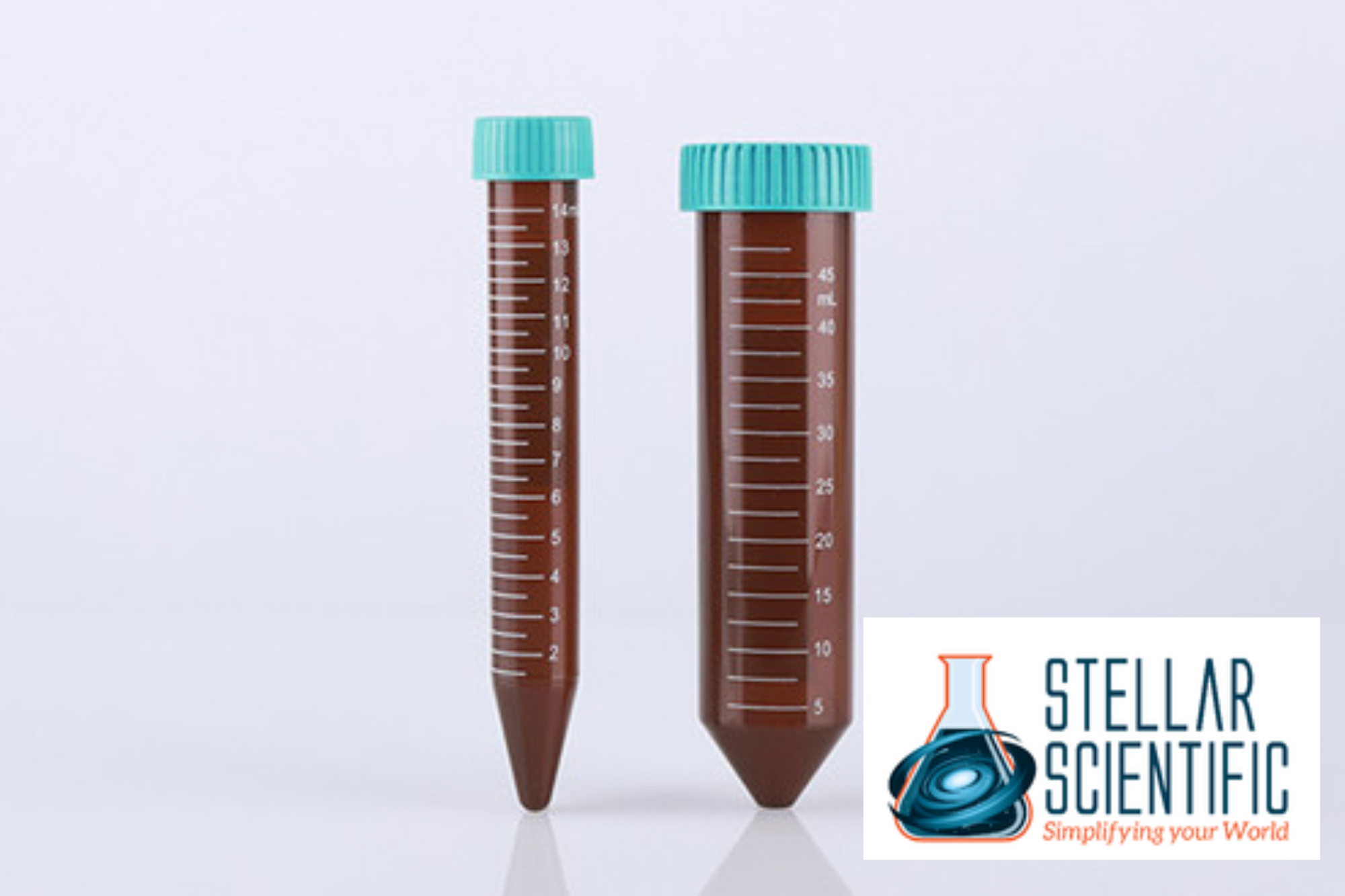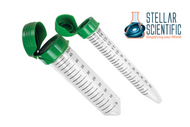Switch to Tubes That Won’t Let You Down
21st May 2025
Laboratory tubes are fundamental tools in every scientific workflow, from sample preparation and centrifugation to storage and analysis. Despite their apparent simplicity, not all tubes are created equal. Subpar tubes can compromise sample integrity, lead to inconsistent results, and ultimately cost your lab valuable time and resources. Making the switch to reliable, high-quality laboratory tubes is a small change that can have a big impact on your lab’s performance.
In this blog, we’ll explore the critical role tubes play in lab settings, the key features that distinguish superior tubes from inferior ones, and how investing in quality tubes can boost your lab’s productivity, safety, and accuracy.

Why Quality Tubes Matter
In laboratory settings, the reliability of consumables is essential. Centrifuge tubes are used in virtually every process involving liquids or biological materials. Whether you’re conducting routine diagnostics, high-throughput screening, or sensitive molecular biology work, tubes must be able to withstand a variety of conditions without compromising the sample.
Low-quality tubes can crack during centrifugation, leak when inverted, or react with sensitive contents, issues that can damage equipment, cause sample loss, and result in experimental failure. Therefore, choosing durable, chemically stable, and well-engineered tubes is not just a convenience, it’s a necessity.
Common Problems with Low-Quality Tubes
Laboratories that use inferior tubes often face recurring issues that compromise workflow efficiency and data reliability. Some of the most common problems include:
1. Cracking or Splitting Under Pressure
Many experiments require centrifugation at high speeds. Inferior tubes may not be able to withstand the g-forces involved, leading to cracking, splitting, or even total failure. This poses a risk to both the samples and the centrifuge rotor.
2. Poor Sealing and Leakage
If the tube cap doesn’t seal properly, samples can leak during mixing or centrifugation. This not only causes sample loss but can also contaminate other samples or equipment. A reliable seal is critical, especially when working with volatile, infectious, or hazardous substances.
3. Chemical Incompatibility
Certain plastics are not compatible with all reagents or solvents. When exposed to incompatible chemicals, tubes may degrade or leach plasticizers and additives into the sample. This can interfere with downstream applications and skew results.
4. Inconsistent Measurements
Tubes with poorly marked graduations or non-uniform shapes can lead to inaccurate volume measurements. This is especially problematic in quantitative assays, where precise volumes are essential.
What to Look for in High-Quality Tubes
When evaluating laboratory centrifuge tubes, there are several characteristics to look for to ensure they meet your performance and safety standards.
1. Material Quality
The material used in manufacturing the tube significantly affects its durability, chemical resistance, and optical clarity. Polypropylene is a common choice for microcentrifuge tubes due to its chemical resistance and ability to withstand autoclaving. For applications requiring optical clarity, such as spectrophotometry, tubes made from polystyrene or specialized plastics are preferable.
2. Temperature and Centrifugation Resistance
High-quality centrifuge tubes are designed to perform under extreme conditions, whether it’s high-speed centrifugation or cryogenic storage. Look for tubes that are tested and rated for the maximum RCF (relative centrifugal force) your protocols require. Some premium tubes can withstand RCFs over 20,000×g.
Additionally, tubes used for thermal cycling or long-term storage should tolerate a wide temperature range without deforming or cracking.
3. Leak-Proof Sealing
Reliable centrifuge tubes feature secure caps that provide leak-proof performance without requiring excessive force to open or close. Snap-cap or screw-cap tubes should have tight seals, even during rigorous mixing or storage in upright or inverted positions.
Some designs include sealing rings or caps with locking mechanisms to prevent accidental opening during centrifugation or transport.
4. Precision Molded and Easy-to-Read Graduations
Accurate liquid handling begins with accurate measurements. Quality tubes are manufactured with clearly molded graduations that are easy to read, even with small volumes. Uniformity in dimensions ensures consistency across experiments and compatibility with automated systems.
5. DNase/RNase and Pyrogen-Free
For molecular biology and cell culture applications, contamination control is critical. Tubes labeled DNase-, RNase-, and pyrogen-free reduce the risk of nucleic acid degradation and immune response artifacts. Pre-sterilized options further simplify workflows and ensure sample safety.

Applications Where Tube Quality Makes a Difference
Whether you’re in a clinical lab, a research institution, or an industrial testing facility, the right tube can improve performance across a wide range of applications.
Molecular Biology
Procedures such as PCR, qPCR, and nucleic acid extraction depend on tubes that are chemically inert and thermally stable. Deformation at high temperatures or contamination from the plastic can impact amplification efficiency and fidelity.
Cell Culture
In applications involving sensitive biological samples, tubes must be non-toxic and free from contaminants that could affect cell viability. Leak-proof designs are also essential to prevent contamination and preserve sterile conditions.
High-Speed Centrifugation
When separating components of a complex mixture, tubes must endure intense centrifugal forces without failing. Using high-RCF-rated tubes is critical for avoiding damage to samples and expensive equipment.
Long-Term Storage
Samples destined for long-term storage must be preserved in tubes that maintain integrity at low temperatures. Freezer-grade tubes prevent cracking and ensure the security of archived materials.
The Hidden Costs of Poor Tube Performance
While low-cost tubes may seem attractive from a budget standpoint, their hidden costs can far outweigh the initial savings. Sample loss, failed experiments, and contaminated equipment are expensive problems that can be prevented by investing in high-quality consumables.
Moreover, subpar tubes can slow down workflow efficiency due to the need for repeat experiments, additional cleaning, or even instrument repairs. Making the switch to tubes that won’t let you down is ultimately a decision that supports better science and better outcomes.
Choosing the Right Supplier Matters
Selecting the right tubes also means choosing a supplier that prioritizes quality control, reliable sourcing, and product testing. Working with a trusted laboratory supplier ensures consistency, traceability, and support when you need it.
Look for suppliers that provide detailed product specifications, compatibility information, and clear documentation to support compliance and reproducibility in your lab.
About Stellar Scientific
Stellar Scientific is committed to providing laboratories with dependable, high-quality tools and consumables that deliver performance and precision. From durable centrifuge tubes and reliable PCR plastics to microscopes and advanced laboratory instruments, we equip scientists with the resources they need to excel in every experiment. We rigorously evaluate every product to ensure it meets the demands of real lab environments, because we understand that quality is more than just a feature; it's a foundation.

